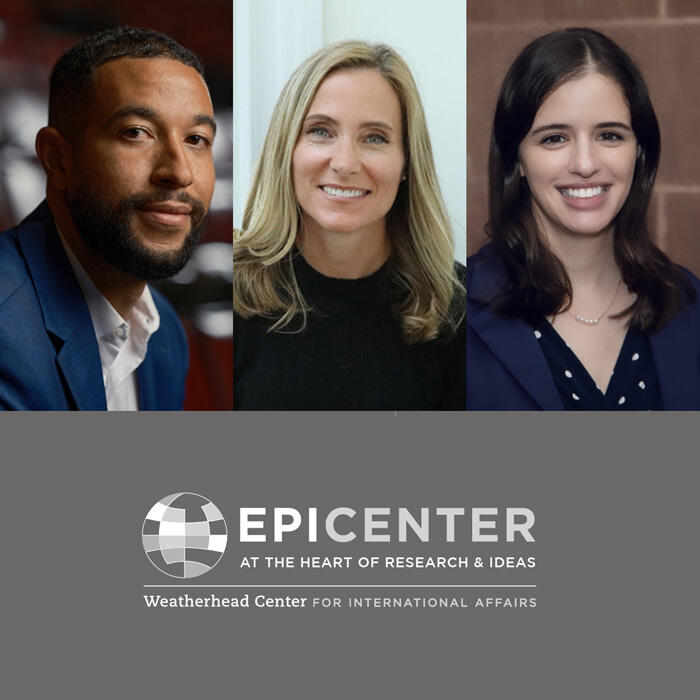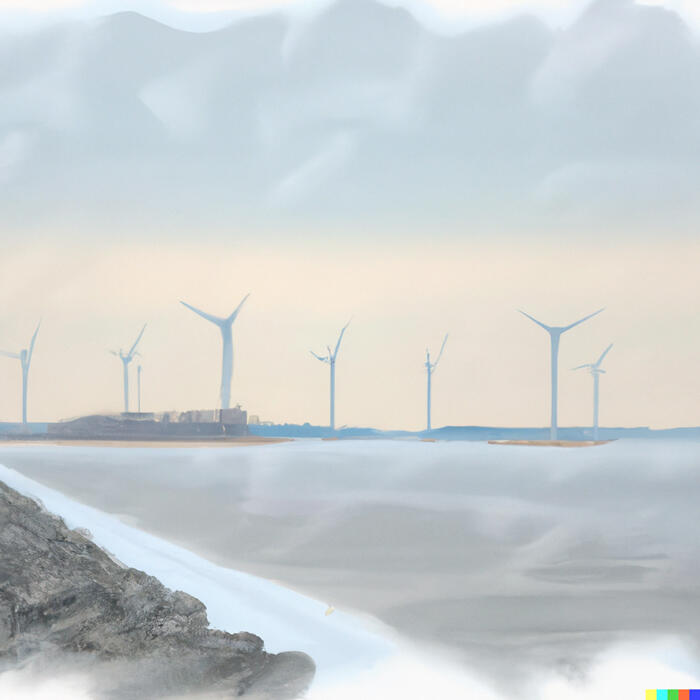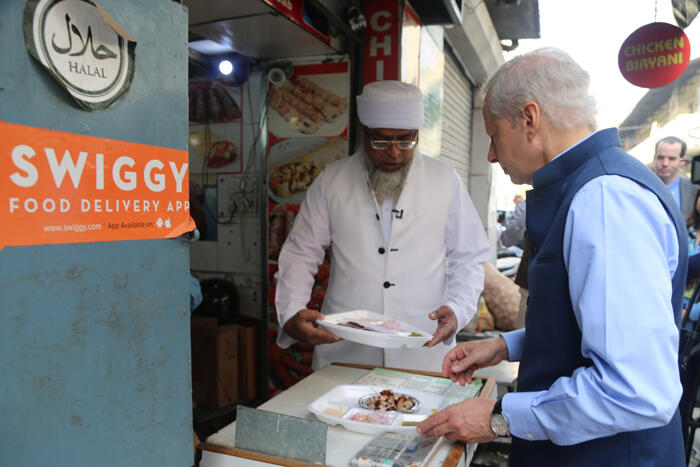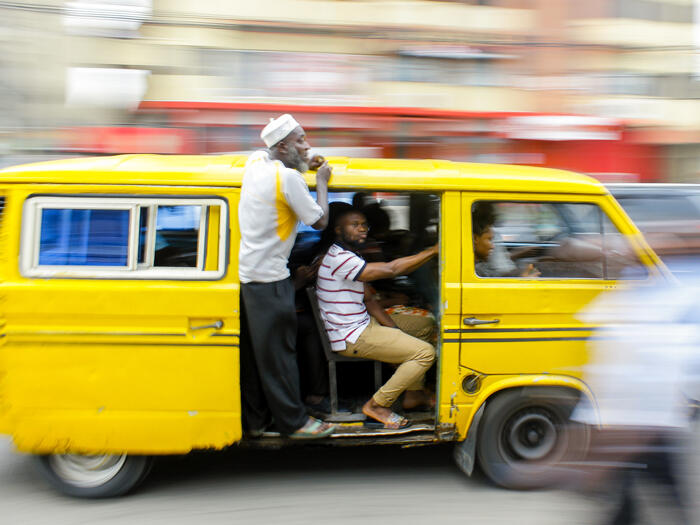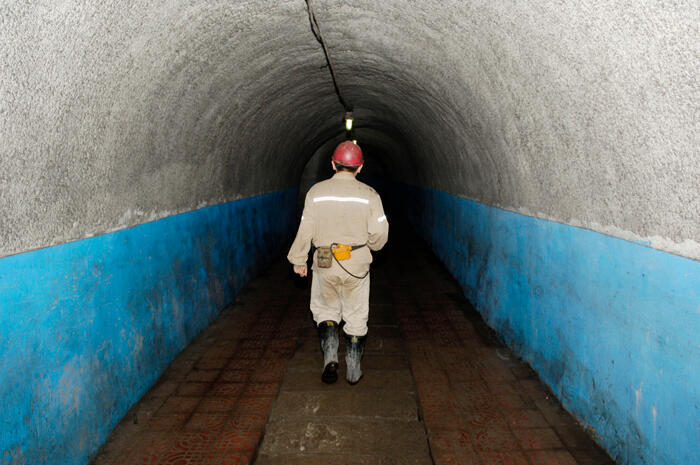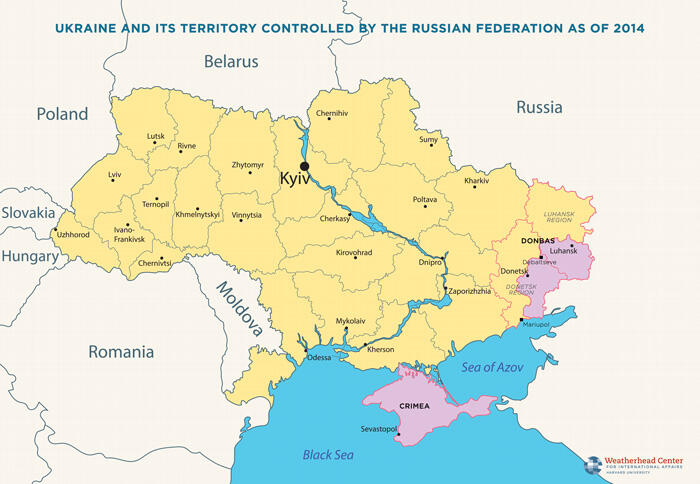RECENT POSTS
- Protecting the Porcupine: Why Taiwan Matters
- Refugees are Brothers and Sisters in Uganda, Strangers in Tanzania
- What Is Holding Up the Transition to Green Energy?
- Remembering the Queen of Canada
- The Politics of Sports
- Wind Power, Politics, and Magnets
- The US-India Relationship: A Q&A with Kenneth Juster
- Buses and Bribes: Lagos’s Shadowy Transit Network
FILTER BY REGION
FILTER BY TYPE
SUBSCRIBE
SHARE
Copyright © 2024 The President and Fellows of Harvard College | Privacy | Accessibility | Digital Accessibility | Report Copyright Infringement



